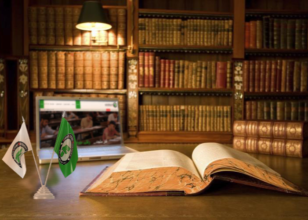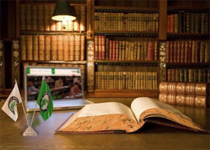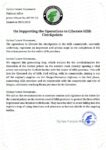Democracy in Syria: Challenges and Prospects

The history of political thought in Syria spans ages and various political transformations. In ancient times, the region was influenced by old empires such as the Phoenicians, Romans, and Byzantines. During the Middle Ages, Syria was part of the Abbasid state and the Ottoman Empire. With the establishment of the Syrian Arab Republic in 1946, political thought evolved significantly. Syria witnessed periods of stability and turmoil, including military coups and Arab-Israeli wars.
Political thought in Syria has been influenced by many factors, including religion, nationalism, and economics. In recent decades, Syria has experienced ongoing conflict, starting with the Syrian revolution in 2011 to the present day, and political thought has been impacted by the civil war and regional and international repercussions.
The current discussion in Syria addresses issues such as democracy, human rights, national identity, and economic challenges. Democracy is particularly appealing to the freedom-loving, and for it, the first cry of “freedom” was voiced. Before the Arab Socialist Ba’ath Party came to power in Syria in 1963, the country experienced a limited democratic experiment, and before that, democratic elections were held in the years 1943, 1949, 1954, and 1957. Since 1963, the Ba’ath Party took power after a military coup and took complete control of governance, effectively ending democratic life.
The Ba’ath regime is characterized by totalitarianism and severe interference in political and social affairs, which has affected freedom of expression and civic participation. In addition, civil society was abolished, and all forms of organization and expression were brought under state and party control, thus limiting the opportunities for democracy during that period.
After the current Syrian revolution of 2011, which exposed Syria to tremendous complexities, challenges to democracy in Syria can be summarized as follows:
- The ongoing conflict and civil war in Syria, which have significantly impacted democracy, as the continuing conflict hinders the application of democratic principles and increases challenges.
- Terrorist organizations and the threats of sectarian organizations like ISIS and Shia militias have affected stability and democracy in the region, not just in Syria.
- Foreign intervention, where democracy in Syria has been influenced by foreign interference from various countries, also affecting the democratic process.
Despite the challenges, there are prospects for enhancing democracy in Syria through:
- Community engagement and encouraging active participation of civil society and democratic institutions can contribute to strengthening democracy.
- Education and awareness, directing efforts towards enhancing understanding of democratic principles and educating the youth about their rights and responsibilities.
In conclusion, the discussion about democracy in Syria is essential for shaping the country’s future and achieving progress and stability. We must insist on it in our discourses because it echoes those chants and is the residue of the first true outcry.
Elias Abd Al-Masih
Political Office
Research and Studies Department
Articles
Syrian Future Movement






